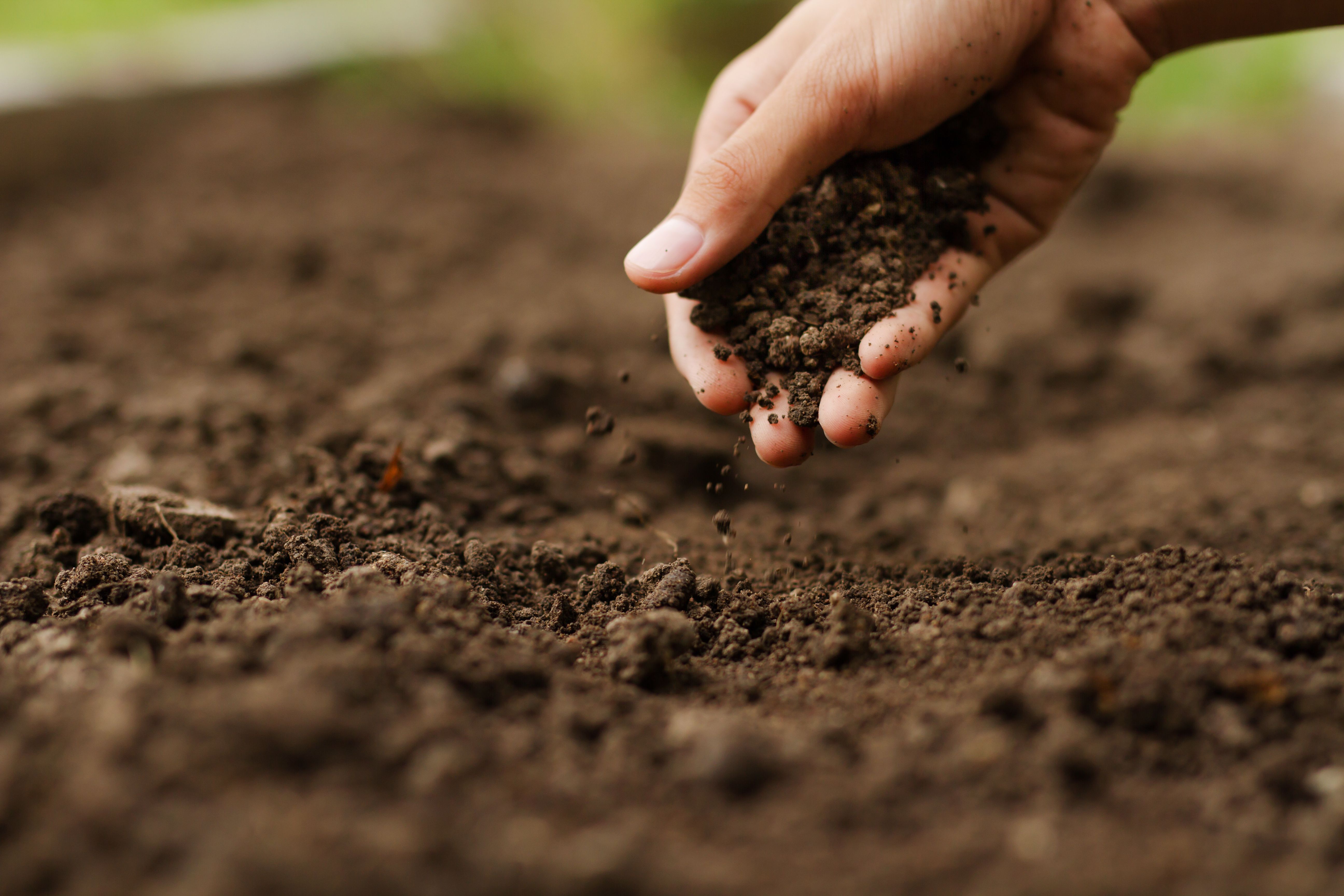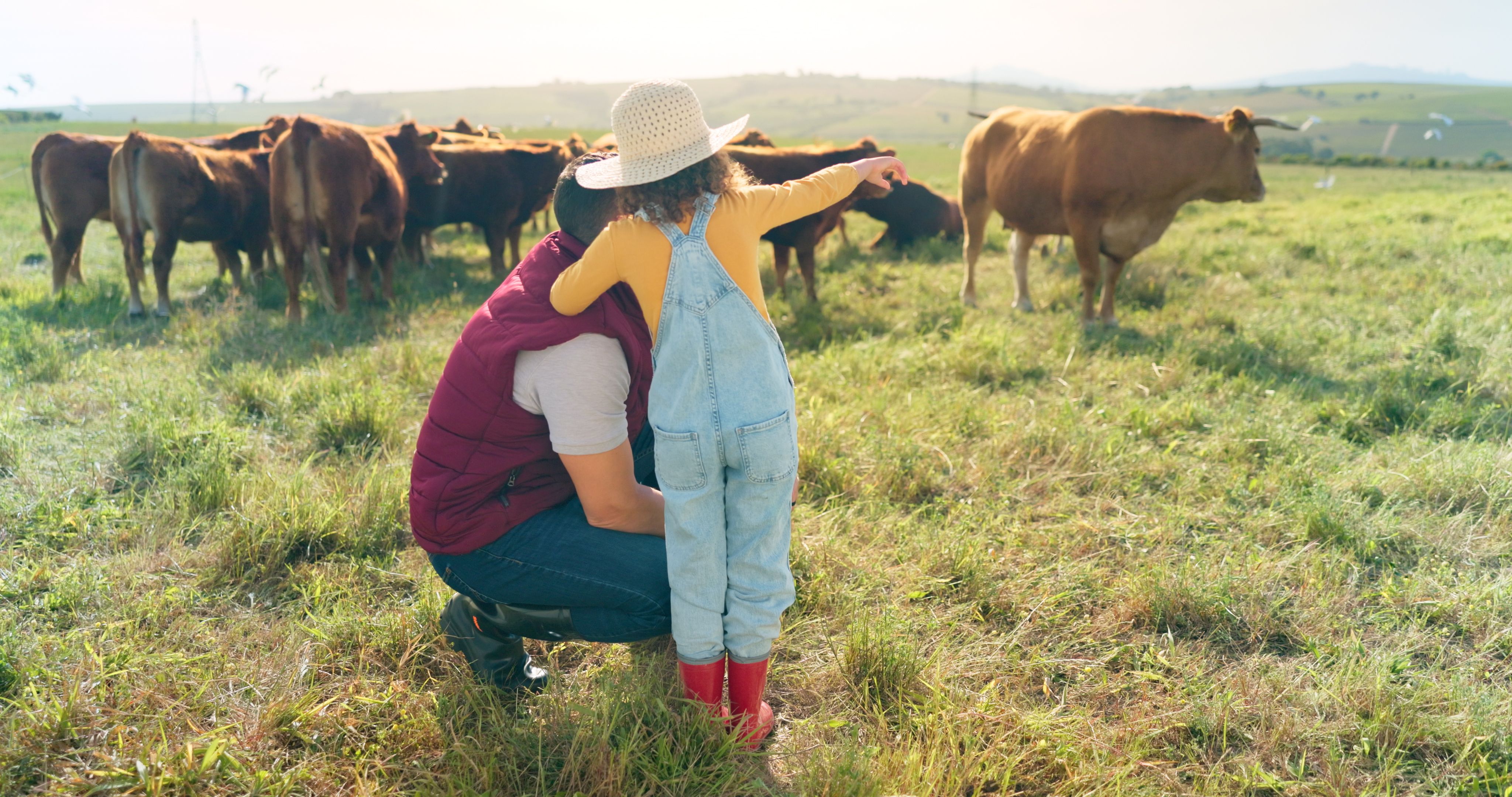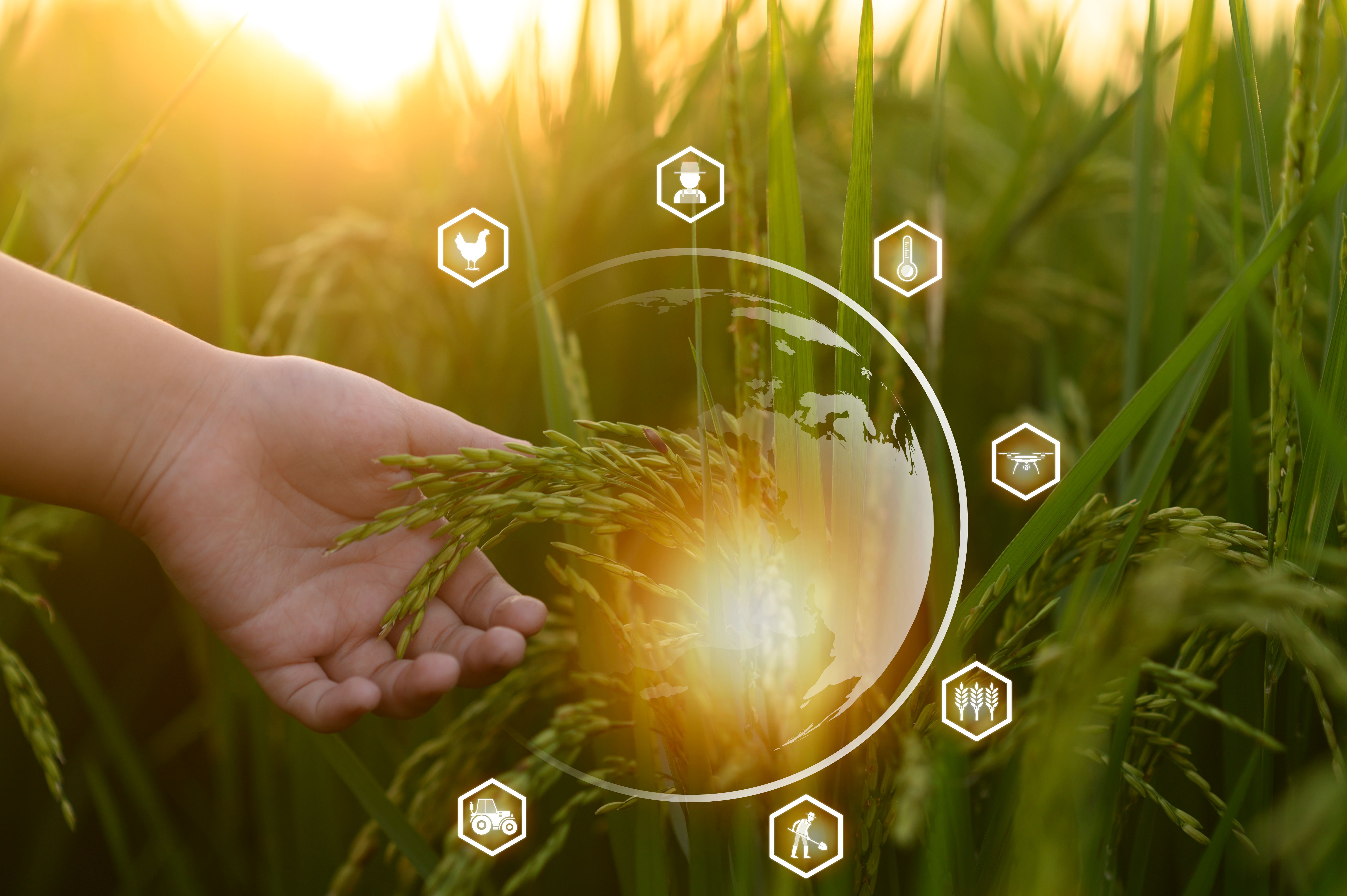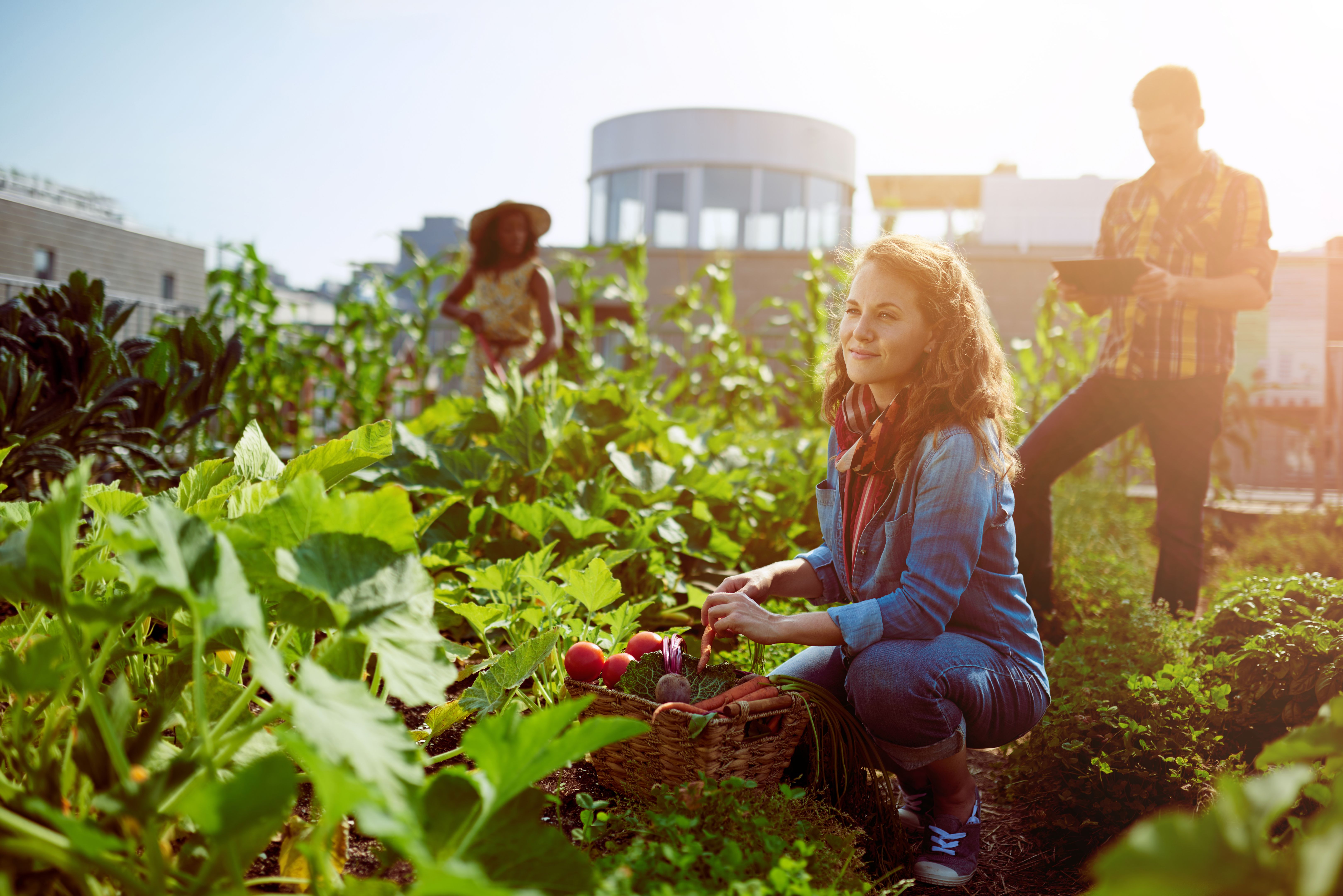Empowering Southeast Asian Farmers with Sustainable Practices
Introduction to Sustainable Farming in Southeast Asia
Southeast Asia is home to a diverse range of agricultural practices, shaped by the region's unique climate and geographical features. However, the pressures of climate change and the need for food security have pushed the need for sustainable farming practices to the forefront. Empowering farmers with the knowledge and tools to implement these practices is crucial for ensuring long-term agricultural productivity and environmental health.
In recent years, there has been a growing movement towards sustainability in agriculture across Southeast Asia. This shift is not only beneficial for the environment but also provides economic advantages to farmers, allowing them to manage resources more efficiently and increase their resilience against climate variability.

The Importance of Sustainable Practices
Adopting sustainable farming practices is essential for preserving the natural resources that agriculture heavily relies on. These practices help reduce environmental degradation, conserve biodiversity, and promote soil health. For Southeast Asian farmers, integrating sustainability into their farming methods means adapting to new techniques that can withstand harsh environmental changes while still producing high yields.
Moreover, sustainable agriculture offers social benefits. It can enhance food security, create job opportunities, and support rural communities in developing regions. By empowering farmers with sustainable practices, they can contribute to a stable food supply chain that benefits both local and international markets.

Key Sustainable Practices for Empowerment
There are several sustainable farming practices that can significantly empower Southeast Asian farmers. Some of these include:
- Agroforestry: Integrating trees and shrubs into farming landscapes can improve soil fertility, increase biodiversity, and provide additional income sources for farmers.
- Conservation Tillage: This practice minimizes soil disturbance, reducing erosion and improving water retention.
- Organic Farming: By eliminating chemical fertilizers and pesticides, organic farming promotes healthier ecosystems and safer food products.
Innovative Technologies and Their Role
The role of technology in promoting sustainable farming cannot be overstated. Digital tools such as precision agriculture, remote sensing, and mobile applications are transforming how farmers manage their resources. These technologies provide critical insights into soil health, weather patterns, and crop performance, enabling farmers to make informed decisions that boost productivity while minimizing environmental impact.

Challenges and Opportunities
Despite the proven benefits of sustainable farming practices, there are challenges that must be addressed. Many farmers face barriers such as lack of access to education, financial constraints, and inadequate infrastructure. Overcoming these obstacles requires collaboration between governments, non-profit organizations, and the private sector to provide necessary support and resources.
Opportunities abound for those willing to invest in sustainable agriculture. By prioritizing education and training, enhancing access to technology, and supporting community initiatives, Southeast Asian farmers can be empowered to adopt sustainable practices that ensure food security and economic prosperity for generations to come.
Conclusion: A Path Forward
The journey towards sustainable agriculture in Southeast Asia is a vital one that holds promise for both farmers and the environment. By empowering farmers with the knowledge and tools needed for sustainable practices, the region can achieve greater food security, economic stability, and environmental resilience.
As we look to the future, it is imperative that all stakeholders work together to support these efforts. With continued investment and innovation, Southeast Asian farmers can lead the way in creating a more sustainable and prosperous agricultural landscape.
